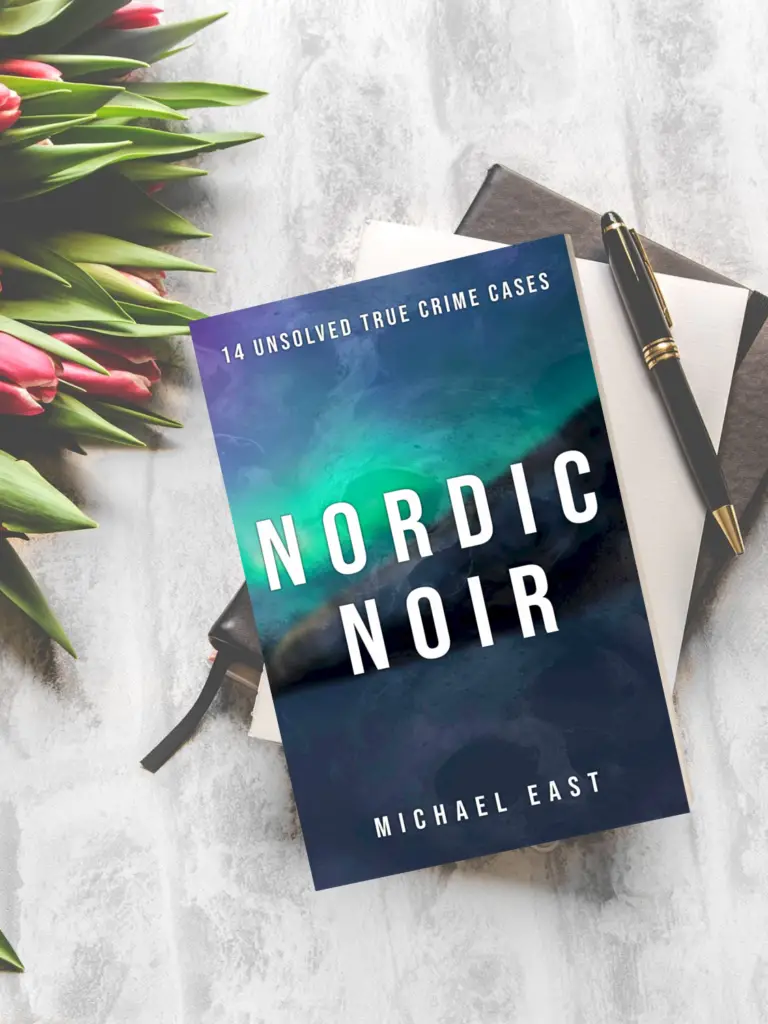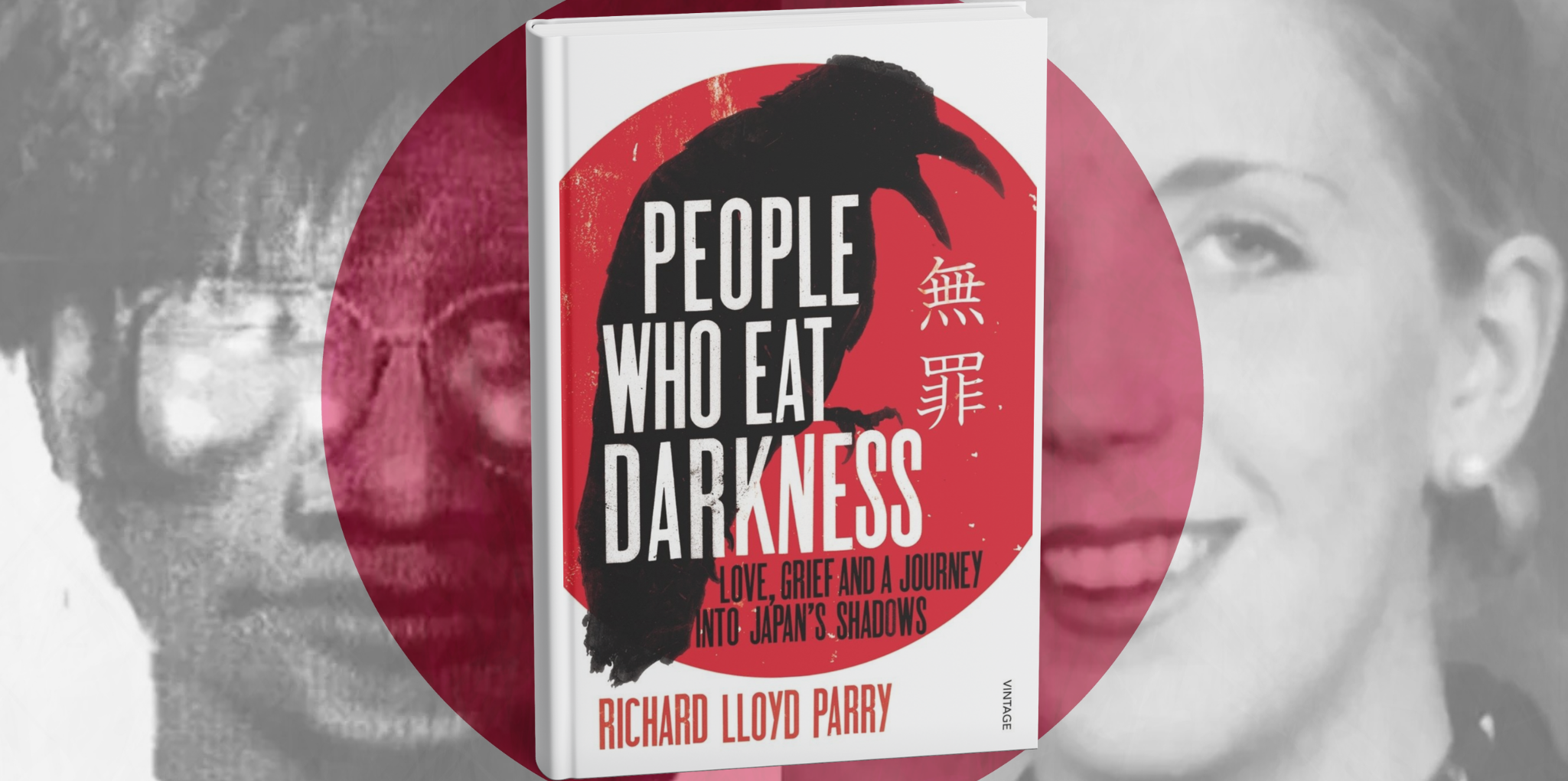
Book Review: People Who Eat Darkness by Richard Lloyd Parry
Uncovering Tragedy: A Gripping Tale of Crime, Culture, and Injustice in Tokyo
More than a true crime narrative, People Who Eat Darkness by Richard Lloyd Parry is a profound meditation on cultural collisions, justice, and the human capacity for grief and resilience. This harrowing account of Lucie Blackman’s disappearance in Tokyo is as unsettling as it is illuminating, offering readers a gripping exploration of a tragedy that reverberates far beyond its immediate circumstances.
In 2000, Lucie Blackman, a 21-year-old British woman, vanished in Tokyo. What began as a baffling disappearance quickly spiralled into a chilling tale of murder, systemic failure, and cultural dissonance. Over the course of a decade, Parry meticulously pieced together Lucie’s story—from her work in Tokyo’s hostess industry to her tragic fate at the hands of Joji Obara, a wealthy yet elusive predator. The result is a richly detailed and deeply moving account that transcends the conventions of the true crime genre.
At the heart of this book is Lucie herself. Parry’s portrayal of her is compassionate and multifaceted, drawing on diary entries, interviews, and family accounts to present her as a vibrant but vulnerable young woman. This humanisation of Lucie ensures she is never reduced to a mere victim, making her loss all the more poignant. By contrast, Joji Obara—Lucie’s killer—emerges as an almost spectral figure. His crimes, meticulously documented, reveal a chilling detachment that defies comprehension. Parry’s exploration of Obara’s psyche raises unsettling questions about the nature of evil, but wisely avoids simplistic conclusions.
Parry’s expertise as a journalist shines through in his ability to contextualise the crime within a broader cultural and societal framework. The book provides a vivid examination of Japan’s hostess culture, an industry that promises glamour but often leaves young women vulnerable to exploitation. It also lays bare the failings of the Tokyo police, whose mishandling of Lucie’s case is both infuriating and emblematic of deeper systemic issues. For Western readers, the book’s revelations about Japan’s legal system—with its protracted trials and lack of transparency—are particularly eye-opening.
While these cultural critiques are compelling, the book also delves deeply into the human impact of the tragedy. Parry’s exploration of the Blackman family’s grief and fractured dynamics adds an emotional depth that few true crime books achieve. However, this focus has been a point of contention among readers. Some may find the intimate details of family tensions intrusive, or question their relevance to the central narrative. Yet these elements arguably underscore the far-reaching consequences of trauma, highlighting how public tragedies ripple through private lives.
Stylistically, People Who Eat Darkness is exceptional. Parry’s prose is vivid and evocative, capturing the chaotic energy of Tokyo, the sterile menace of Obara’s world, and the raw emotion of the Blackman family’s ordeal. His ability to balance narrative momentum with thoughtful analysis ensures that the book is both a page-turner and a deeply reflective work. Parry’s commitment to uncovering the truth is evident in every chapter, lending the book an authenticity that is both rare and powerful.
Despite its strengths, the book is not without flaws. The level of detail, while commendable, can feel overwhelming at times, particularly in the sections addressing the minutiae of the Japanese legal system. Additionally, the structure—which interweaves multiple timelines and perspectives—requires careful attention and may challenge readers unfamiliar with the case. Some may also find the descriptions of Obara’s crimes and the systemic failures of the authorities difficult to endure, though these elements are integral to the story’s impact.
Ultimately, People Who Eat Darkness is far more than a recounting of a horrific crime. It is a profound exploration of grief, justice, and cultural misunderstanding. Parry’s dedication to his craft and his empathetic approach to storytelling make this book a standout in its genre. For fans of true crime, it stands alongside classics like In Cold Blood and Helter Skelter. Yet its appeal extends beyond the genre, offering insights into the human condition and the complex interplay of culture and justice.
Readers will come away from this book not only with a chilling understanding of Lucie’s story but also with a deeper appreciation for the resilience of those left behind and the flaws in the systems meant to protect them. This is a haunting and unforgettable read, cementing Richard Lloyd Parry’s reputation as a masterful storyteller and a journalist of unparalleled dedication. For anyone willing to confront its dark subject matter, People Who Eat Darkness offers not only a gripping narrative but also a profound meditation on the fragility of life and the enduring quest for justice.
The Review
People Who Eat Darkness
Richard Lloyd Parry’s People Who Eat Darkness is a haunting true crime account of Lucie Blackman’s tragic murder in Tokyo. Combining vivid storytelling with deep cultural insights, it examines Japan’s hostess industry, systemic justice failings, and the devastating impact on Lucie’s family. A gripping and thought-provoking read, it stands out as a masterpiece of the genre.
PROS
- Compelling Narrative
- Meticulous Research
- Cultural Insight
- Emotional Depth
- Broad Appeal
- Balanced Analysis
CONS
- Possible Accessibility Issues
- Intrusive Family Focus
- Overwhelming For Some
Review Breakdown
-
Rating















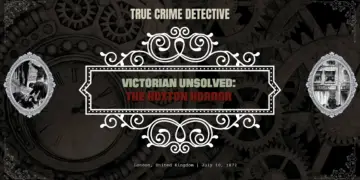
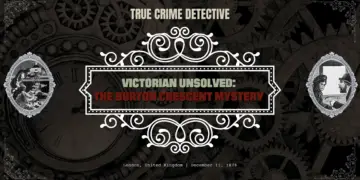
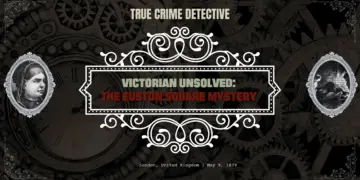







 Amazon
Amazon





















